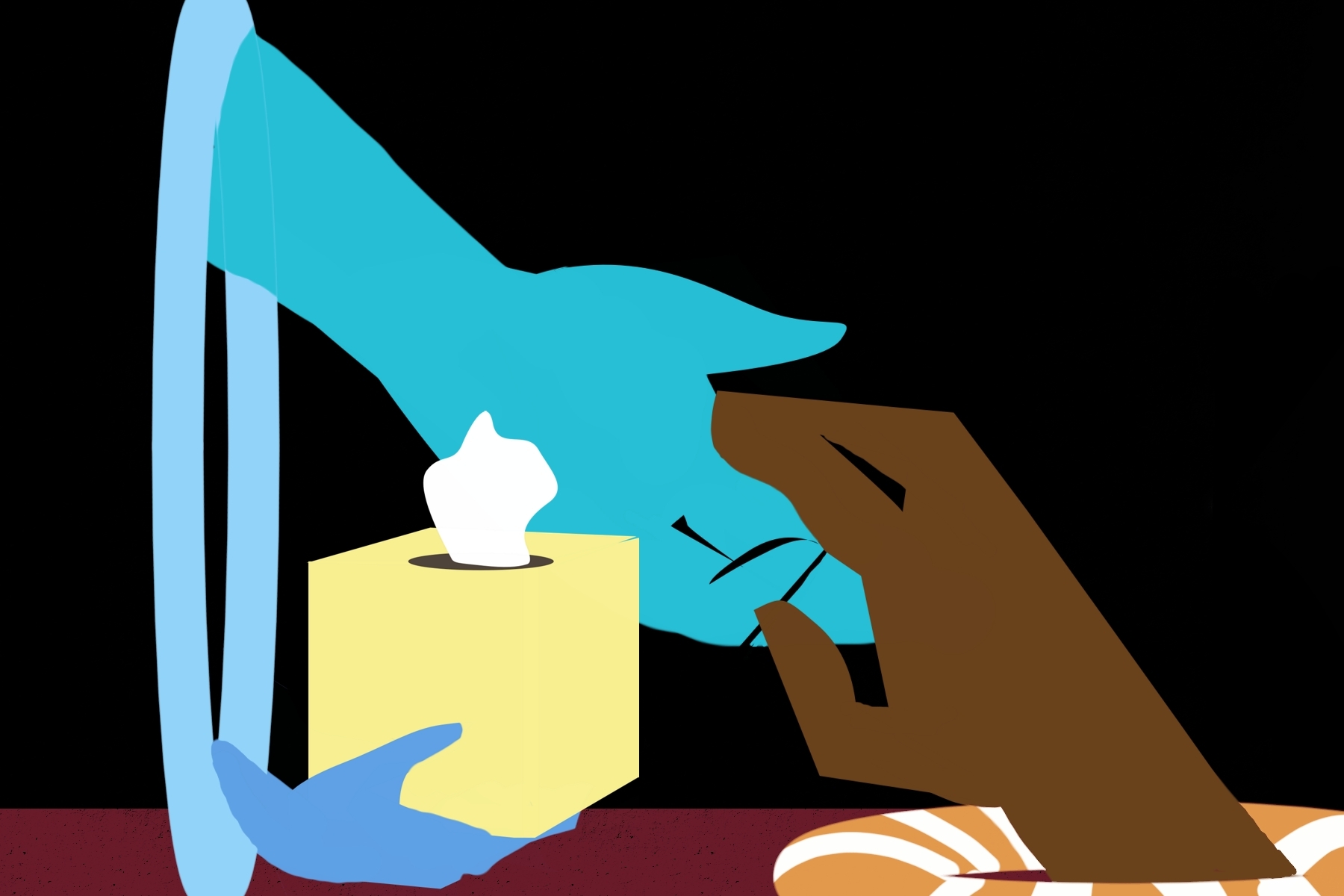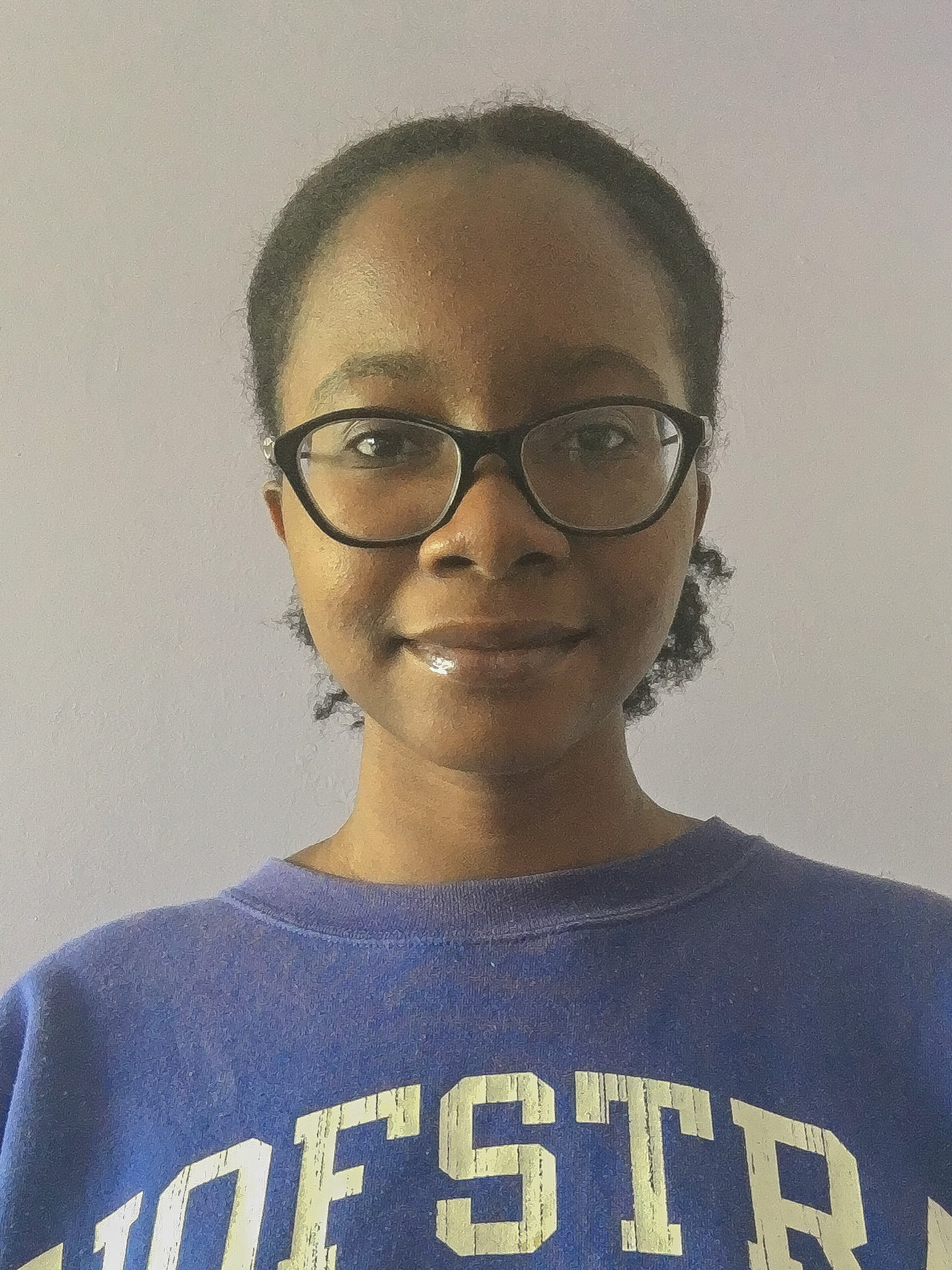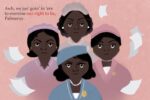The year 2020 has been one marked by difficulty, loss, change and strife. In these past nine months, the human race has been witness to natural disasters, a global pandemic, an economic crisis and worldwide chants that Black lives do matter.
Throughout all of the struggle that has been this year, the collective mental health of the country is worsening. Mental illnesses create scars that no one can see, but that does not diminish their presence.
When it comes to Black women specifically, they are fighting racial strife and an ongoing pandemic. The toll of these wars is insurmountable, and it has caused many to struggle with their own mental health.
Brandi Jackson, a co-founding director of the Institute for Antiracism in Medicine, and Aderonke B. Pederson, a researcher funded by the National Institutes of Health, wrote an article for The Washington Post about Black women surviving during this time. In their piece, they wrote: “Black women sit squarely at the confluence of multiple systems of oppression, and are experiencing a disproportionate loss of life and livelihood in the era of Covid-19. Lately we have seen an unusual number of Black women exhibit symptoms that would normally be attributed to depression, including fatigue, sleep disturbances and homelessness.”
Amid all of this, many Black women (and people in general) can have difficulty getting the help that they need. Black women are often confined to being seen as the “strong Black woman” who can handle any issue thrown her way; yet, even the strongest of us need help.
This also raises the issue of who can afford to receive that professional help. Research studies have shown that nearly one-fourth of African Americans are uninsured; even if you are able to receive aid, some providers can charge between $60-$300 dollars per session.
To put it simply, receiving treatment for mental health is a privilege. However, that does not mean that there is nothing available for those that typically cannot afford it.
Here are some free or low-cost mental health resources for Black women.
Communities and Organizations
1. Therapy for Black Girls
Founded by Joy Harden Bradford, Ph.D., Therapy for Black Girls is an organization that aims to dismantle the stigmas surrounding mental health in the Black community. On their site, they provide a directory for Black girls to connect with therapists that are offering their services. Once you click on an option, the site directs you to practitioners in your area with the option to have in-person or virtual sessions. Aside from the directory, Therapy for Black Girls also produces their own podcasts, a blog, hosts free support groups on Thursdays and runs their own collective named The Yellow Couch. The Yellow Couch is not free (it costs $9.99 a month), but like its parent organization, it is a space for Black women to heal, connect and learn from each other.
Currently, Therapy for Black Girls is offering free virtual sessions for any who needs it.
2. Sista Afya
Sista Afya Community Mental Wellness believes in and actively works toward making mental health services more accessible for Black women. Their organization focuses on building a community for Black women to connect with one another and offers services that are low-cost and simple. As a part of their mission, Sista Afya hosts mental wellness and professional development workshops, individual therapy sessions, support groups, as well as sells merchandise that educates consumers on mental wellness.
If you are able to afford it, they offer virtual sessions at a sliding rate for those who qualify. In the midst of the coronavirus pandemic, they host free virtual conversations about mental health issues.
3. The Boris Lawrence Henson Foundation
Much like Therapy for Black Girls, The Boris Lawrence Henson Foundation is focused on removing the stigmas surrounding mental health. It was founded in 2018 by actress Taraji P. Henson and led by Tracie Jenkins. With their partnerships, the foundation offers scholarships for African Americans working toward a career in the mental health field and provides mental health programs in urban schools.
For anyone struggling right now, The Boris Lawrence Henson Foundation launched their free virtual therapy support campaign, which enables people to receive up to five free virtual sessions with licensed practitioners.
Social Media and Apps
4. The Safe Place
The Safe Place is a mental health app created by Jasmin Pierre that prioritizes the Black community. Its creator noted in an interview with the Root magazine that she wanted to remove the stigma that comes with receiving mental health treatment — not just through The Safe Place, but by being open with her own struggles with mental health as well.
“I’m really not afraid to put it all out there. Like, people know that I’ve been suicidal. People know that I’ve been in a mental institution,” she has said.
Since the onset of the pandemic, the app has seen a surge of downloads. With everything it offers, it is easy to see why. The app has a collection of Black mental health statistics, podcasts, local therapeutic resources and advice on practicing self-care during increasing occurrences of police brutality.
5. Black Mental Wellness
The Black Mental Wellness account on Instagram curates their page with posts that give practical tips on managing burnout, anxiety, stress and depression. Aside from focusing on those suffering from mental illness, it also provides resources for their loved ones who want to help. Some posts offer phrases to say to someone who might be suicidal or dealing with a panic attack. They also create journal prompts for their followers to reflect on their feelings and write down words of positive affirmation.
There are many resources similar to these that offer aid to Black women and other people of color. Especially in this unprecedented moment, prioritizing mental health is essential. If any of these organizations appeal to you, please do seek them out. It does not mean that you are weak or that you should feel shame in doing so. Recognizing your need for help is one of the bravest things a person can do; strength lies in the act of vulnerability. Black women go through so much just existing in this world — they shouldn’t have to face it alone.

















